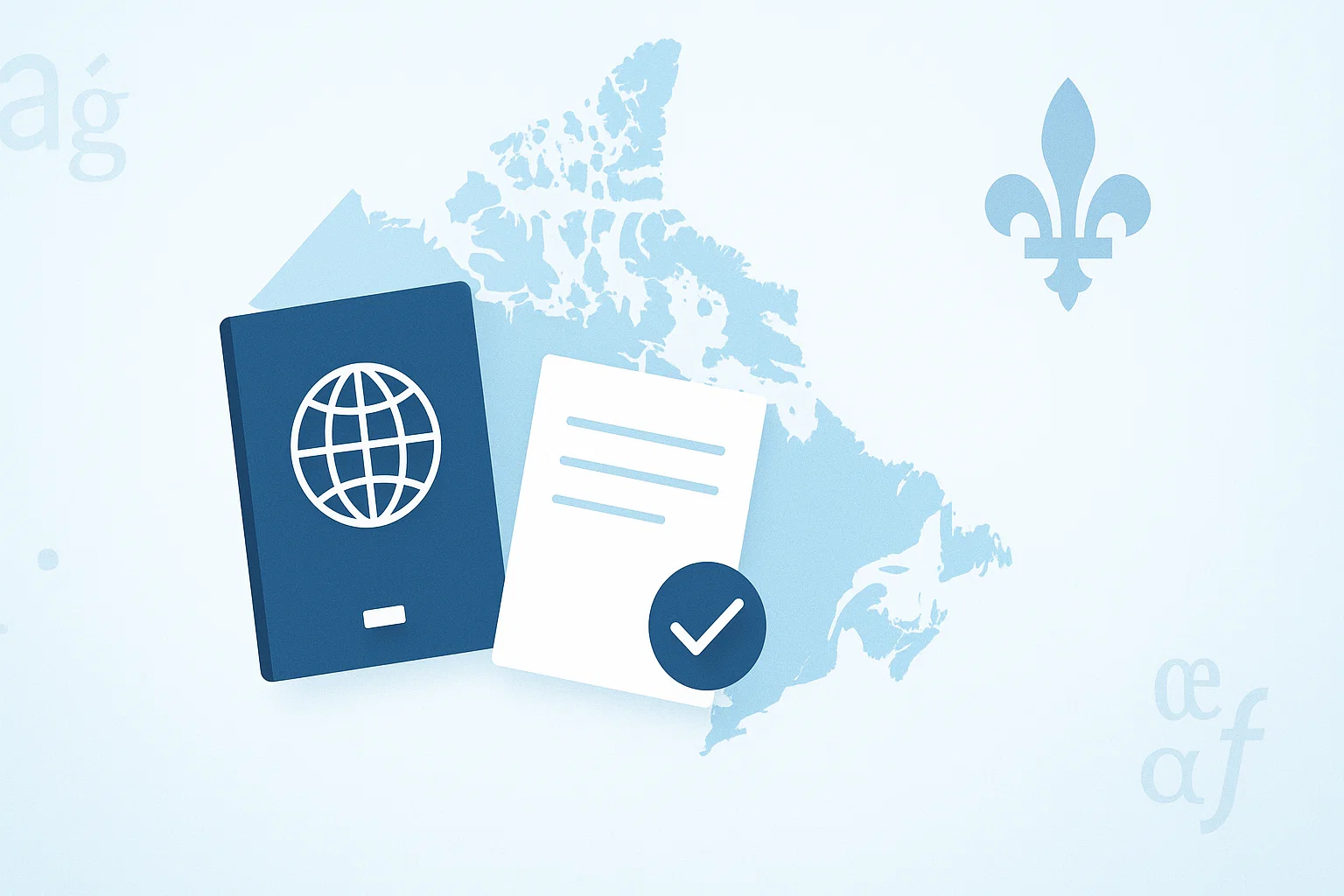Do I Need to Reapply for a Study Permit When Transferring?
IRCC categorizes transfers into various scenarios and provides specific guidelines for each:
1. Transferring between Designated Learning Institutions (DLIs) at the post-secondary level:
- Requires applying for a new study permit, usually submitted as an “extension of the current study permit.”
2. Changing programs or majors within the same post-secondary DLI:
- Existing study permit remains valid, provided all student status requirements are met.
3. Advancing from secondary school to a post-secondary DLI:
- Requires applying for a new study permit as an “extension of the current permit.”
4. Transferring from a post-secondary DLI back to secondary school:
- Also requires a new study permit (permit extension).
5. Transferring between primary or secondary schools (DLI):
- Existing study permit can continue to be used if it remains valid and has no restrictive conditions.
6. Advancing from primary to secondary school within the same institution:
- No new study permit is required if the current permit remains valid and unrestricted.
7. Transferring within Quebec:
- Most cases require a new study permit and supporting CAQ (Quebec Acceptance Certificate) documents.
- Transfers between vocational training centers (VTCs) generally do not require a new study permit but do require a new CAQ.
Important Note: Upon completing secondary school and transitioning to a post-secondary DLI, the original study permit becomes invalid 90 days after high school completion—even if the permit’s expiry date has not been reached. Failure to update your permit or notify IRCC of the transfer may result in a loss of status or removal from Canada.
How to Apply for a New Study Permit by Extending the Current Permit
For students required to obtain a new study permit under the new regulations, follow these steps:
- Obtain a Letter of Acceptance (LOA) from the new institution: Ensure all documents meet the admission requirements of the new program or school.
- Prepare the necessary application materials: Refer to IRCC’s “Document Checklist” (Guide 5552) and gather identification, proof of finances, etc.
- Submit the application online: Complete the required forms, upload documents, and pay the applicable fees (details below).
- Await confirmation from the institution: The new school must verify and confirm your enrollment with IRCC within the stipulated timeline.
- Provide biometrics if required: If notified by IRCC, provide fingerprints and photos as instructed.
Temporary Measures for Transfers Between January and May 2025
To accommodate students needing to transfer during the Winter and Spring terms of 2025, IRCC allows eligible students to begin studies at their new institution before receiving their updated permit approval if they meet the following conditions:
- Received an LOA for the Winter or Spring term (start date between January 1 and May 1, 2025).
- Submitted an “extension of the current study permit” application to IRCC.
- Hold a valid study permit with no restrictions on institutions.
- Continue to comply with the terms of their existing permit.
This temporary measure ensures students can enroll on time and transition smoothly. However, obtaining final approval for the new permit is essential to avoid future complications with studies or status.
Impact of Transfers on PGWP Eligibility
Starting November 2024, Canada has introduced additional language and field-of-study requirements for PGWP applicants. Whether these requirements apply depends on the initial study permit application date:
- Submitted before November 1, 2024: Only language proficiency (CLB/NCLC 5 or 7 for English or French, depending on the program level) is required; no field-of-study restrictions apply.
- Submitted after November 1, 2024: Both language proficiency and “eligible field of study” requirements must be met for certain institutions and programs.
Important: If transferring requires a new study permit application, previously exempt “field of study” requirements may become applicable, potentially affecting PGWP eligibility. Students should carefully plan and fully understand the implications before transferring.
Transfer-Related Fees
According to IRCC, international students may encounter the following costs when transferring:
1. Study Permit (including extensions): CAD 150 per person.
2. Restoring Student Status: CAD 389.75 (including CAD 239.75 restoration fee and CAD 150 new permit fee).
3. Biometrics (if required):
- Individual: CAD 85
- Family (two or more members): CAD 170
Ensure correct fees are paid when applying, and retain payment receipts to avoid delays.
What is PGWP?
The Post-Graduation Work Permit (PGWP) is an open work permit issued to international graduates who complete an eligible program at a DLI. Key features include:
- No specific employer or job offer required: Graduates can work anywhere in Canada and in any industry.
- Flexible validity: Based on program duration, permits range from 8 months to 3 years.
- Local work experience: Canadian work experience contributes to eligibility for permanent residency programs.
Since PGWP is crucial for many students’ long-term plans in Canada, understanding new study permit and PGWP requirements is vital before transferring to ensure compliance and safeguard future career opportunities.









